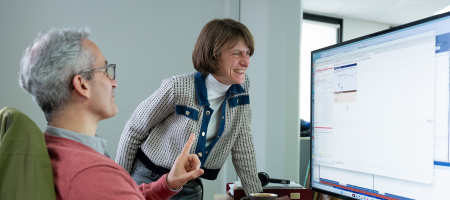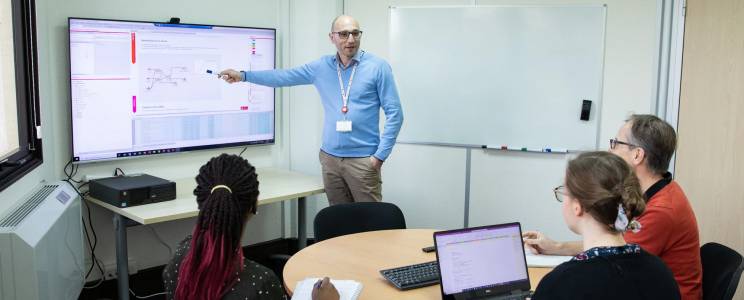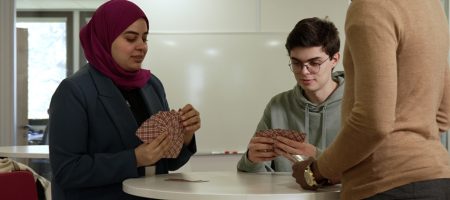In just over a month, the Paris Olympic Games will get underway. While the number of tourists attending the event will be extremely high, the number of payment fraud attempts will also soar. Brice Perdrix, CEO of AdvanThink, explains.
July 26 sees the opening of the Paris Olympic Games. A moment long-awaited by many sports fans. During these festive days, some 15 million tourists are expected to visit the capital. A colossal figure that will drastically increase the number of credit card payments. And where there's an increase in the number of payments, there's also an increase in the number of frauds and attempted frauds. In fact, every major event (as was the case during the World Cup in Brazil) is accompanied by a surge in payment fraud, and with it, a deterioration in the confidence and image of the banking sector.
Fraudsters take advantage of the increase in transaction volumes to go unnoticed, whether during in-store or online card transactions.
A constant battle
To minimize the impact of fraud on payments, a number of companies have specialized in this area. One such company is AdvanThink, the French leader in the fight against financial crime. Today, AdvanThink protects around 60 billion euros worth of transactions every day, which represents almost 95% of bankcard flows in France. Not least thanks to the systematic use of artificial intelligence. But how does this fight against fraud actually work? Brice Perdrix, President of AdvanThink, explains this fight in more detail. "To detect fraud, we position probes on all the different payment flows or customer interactions with their bank. This could be when they type in their online banking password, when they request a cash withdrawal from an ATM, or simply when they make a conventional payment. We use this data to carry out a real-time behavioral analysis, on the basis of which we predict the risk of fraud associated with this transaction. And depending on the results we obtain, we'll either authorize the transaction, refuse it or authorize it, but warn the person to make sure he or she is the originator of the payment".
But how can you tell the difference between fraud and a secure payment? "We have a set of clues that point towards the fact that it's a legitimate transaction, but also towards the fact that it's an attempt at fraud. And thanks to data as well as behavioral analysis, the decision is made in real time, in milliseconds with AI algorithms."
However, this method still has its drawbacks. Sometimes, the difference between a real transaction and a dubious one is minimal. This makes it difficult to identify all frauds. "If we really wanted to prevent all fraud, it would be enough to simply block all transactions as soon as there was any doubt, but this would become a real hell for citizens. Imagine being asked to identify yourself three or four times for each payment. That would be untenable," continues Brice Perdrix.
The Paris Olympics: a closely watched event
In 2022, according to a report by the Banque de France, the percentage of fraud by value and volume has fallen by 4% compared with 2021. Bankcard fraud rates have also fallen, reaching 0.053%, the lowest historical score. But despite these encouraging figures, the staging of the Paris Olympic Games will undoubtedly push these figures upwards. As we know today, most frauds and attempted frauds are carried out by well-established criminal organizations. And they don't hesitate to come up with ever more ingenious methods.
This is precisely the point that sometimes worries industry professionals. Especially since, with the widespread use of artificial intelligence, fraudsters have also integrated the use of AI into their processes. This is one of the reasons why we need to raise public awareness as much as possible. Because, yes, technological innovations are constantly improving, but they can't protect citizens from all threats. We also need to set up awareness-raising programs so that everyone knows the risks associated with these fraudulent practices.
Nevertheless, for Brice Perdrix, "France is one of the most effective countries in the fight against bank fraud, and that's why I think we're well equipped to deal effectively with the threats we face". The answer will be given at the Olympic Games in just over a month's time.


















